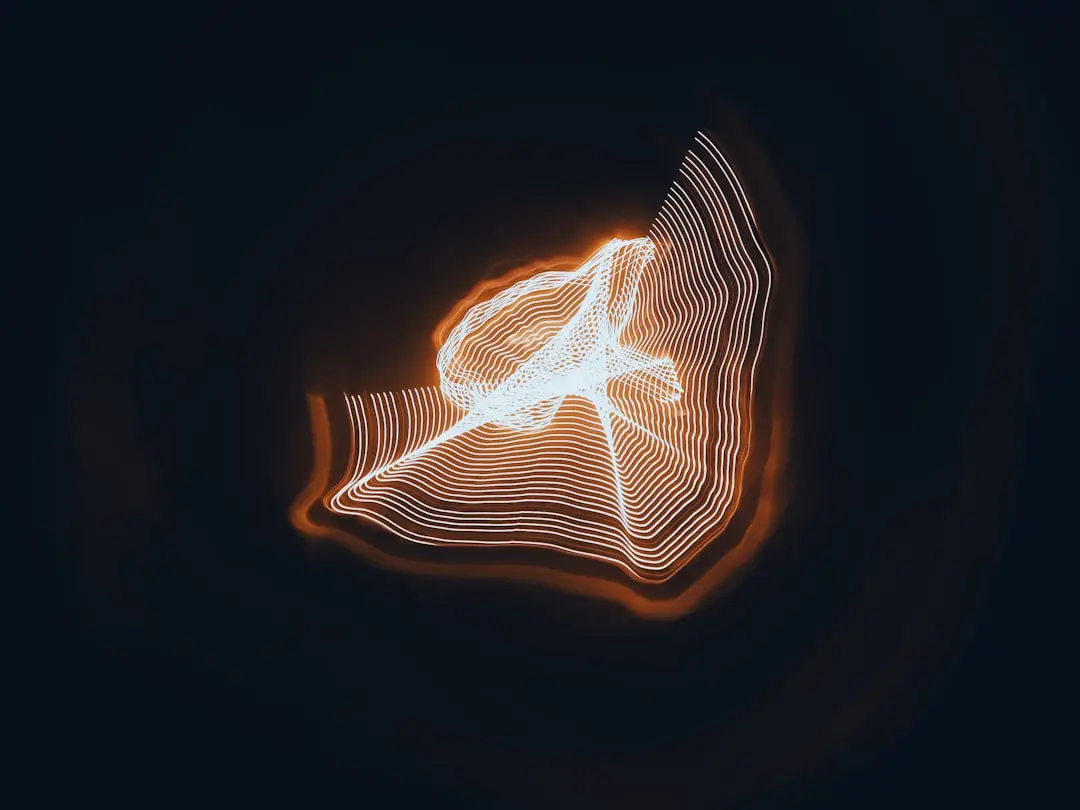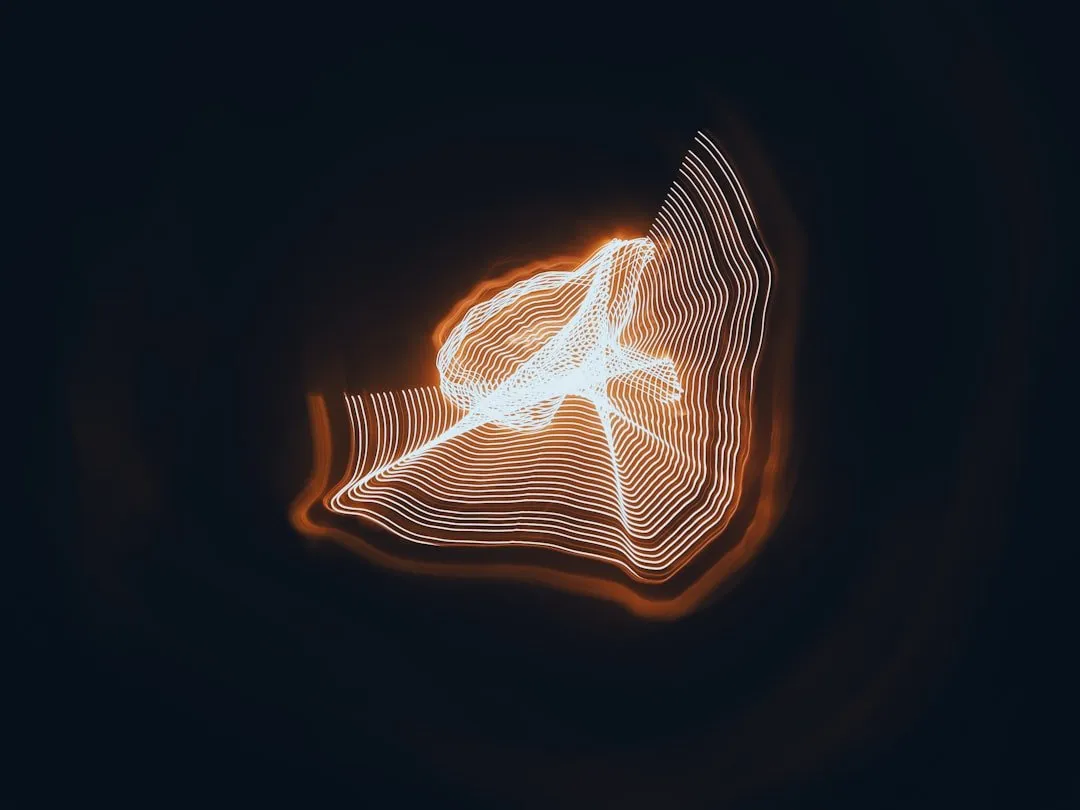Kratom, derived from Mitragyna speciosa leaves, offers natural muscle soreness relief but may impact sleep patterns. While some users experience insomnia, effects vary based on individual tolerance and mitragynine content. Those with insomnia concerns should exercise caution when using kratom to avoid potential sleep disruption, being mindful of timing and dosage, especially close to bedtime.
Muscle soreness can be a debilitating side effect of intense workouts, physical labor, or even everyday activities. While over-the-counter pain relievers offer temporary relief, many seek alternative solutions like kratom. This natural herb has gained popularity for its potential muscle soreness relief properties. However, concerns arise about its impact on sleep, especially considering the debate around whether kratom causes insomnia. This article explores these aspects, providing insights into the effectiveness of kratom as a pain management tool while delving into its possible side effects, including sleep disturbances.
- Understanding Muscle Soreness and Its Causes
- Exploring Kratom as a Potential Relief Option
- Does Kratom Cause Insomnia? A Closer Look at Side Effects
Understanding Muscle Soreness and Its Causes

Muscle soreness is a common issue experienced by many individuals, particularly after intense physical activity or exercise. It’s that uncomfortable sensation of tightness and pain in the muscles, often felt as a result of microscopic tears in muscle fibers during exertion. These micro-injuries trigger an inflammatory response, causing blood flow to increase in the affected area, which leads to the familiar aching and stiffness.
While rest is crucial for muscle recovery, understanding the root causes is essential. Insomnia, for instance, can exacerbate muscle soreness due to inadequate sleep, as it disrupts the body’s natural repair processes. Some substances, like kratom, are known to have varying effects on the body, including potential impacts on sleep patterns. However, it’s important to note that kratom’s primary mechanisms revolve around opioid receptors and other biological pathways, unrelated to insomnia, and its effects can vary widely among individuals.
Exploring Kratom as a Potential Relief Option

Kratom, derived from the dried leaves of the Mitragyna speciosa plant, has gained attention for its potential therapeutic benefits, including muscle soreness relief. Many individuals turn to kratom as a natural alternative to over-the-counter pain relievers or prescription medications. Its unique chemical composition offers a range of effects, from analgesic and anti-inflammatory properties to muscle relaxation.
However, it’s essential to consider that while kratom is often associated with soothing properties, it can also impact sleep patterns. Some users report experiencing insomnia when consuming certain kratom strains or in higher doses. The effect on sleep may vary depending on individual tolerance and the specific mitragynine content in the kratom product. Therefore, exploring kratom as a muscle soreness relief option requires careful consideration, especially for those concerned about potential sleep disruption, such as those with existing insomnia issues or who are sensitive to substances affecting rest.
Does Kratom Cause Insomnia? A Closer Look at Side Effects

Kratom, a natural herb derived from the plant Mitragyna speciosa, has gained popularity for its potential pain-relieving and soothing effects. While it is commonly used to alleviate muscle soreness and joint pain, it’s essential to understand that like any substance, kratom may have side effects, including disruptions in sleep patterns. Some users report experiencing insomnia after consuming kratom, raising the question: does kratom cause insomnia?
The relationship between kratom and insomnia is complex. Kratom’s active compounds interact with opioid receptors in the brain, which can induce feelings of relaxation and pain reduction. However, these same compounds may also stimulate certain neurological pathways that disrupt sleep. The timing and dosage of consumption play a significant role; taking kratom too close to bedtime or in high doses could exacerbate insomnia symptoms. It’s crucial for users to be mindful of their usage and consider the potential impact on their sleep hygiene.
Kratom has shown promise as a natural muscle soreness reliever, offering an alternative option for those seeking relief without the potential side effects of prescription medications. However, it’s crucial to remember that while kratom may help with pain, it can also cause insomnia in some individuals due to its stimulant properties. Balancing the benefits against potential drawbacks, informed decision-making is key. Always consult a healthcare professional before incorporating kratom into your routine, especially if you have pre-existing conditions or are taking other medications.














